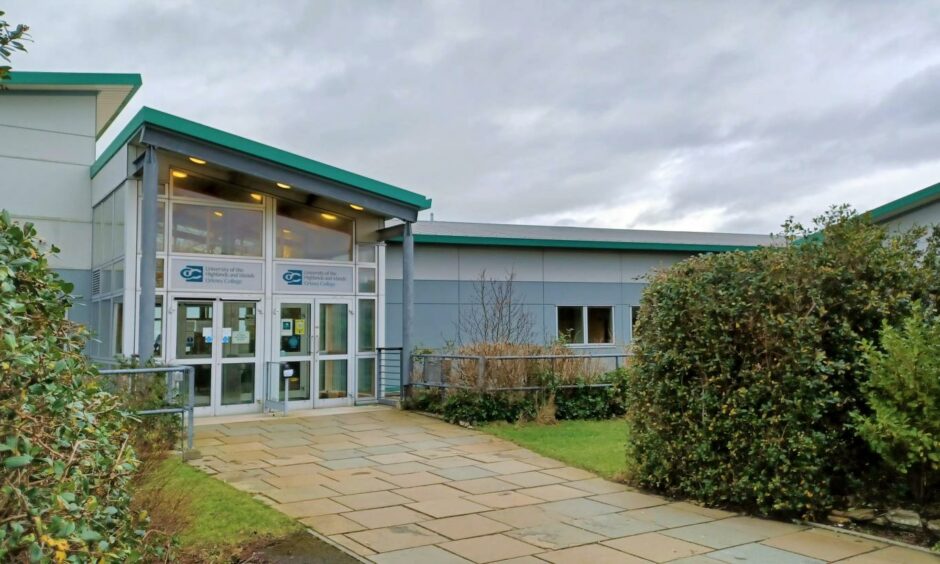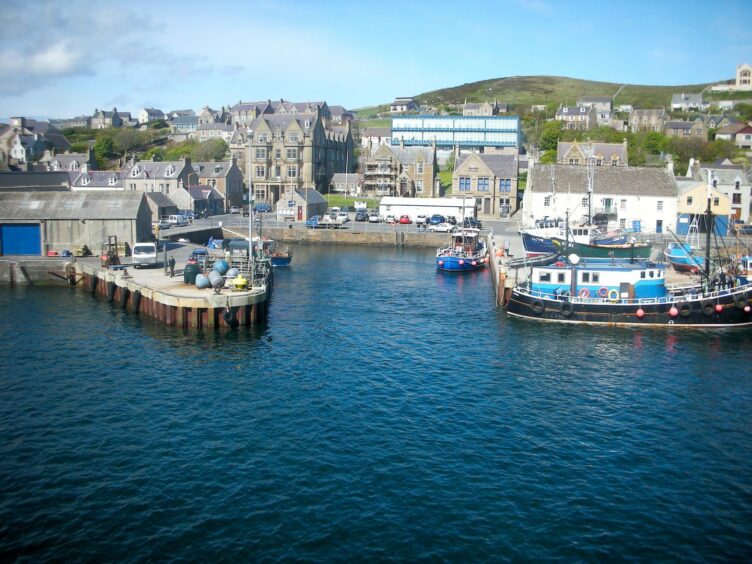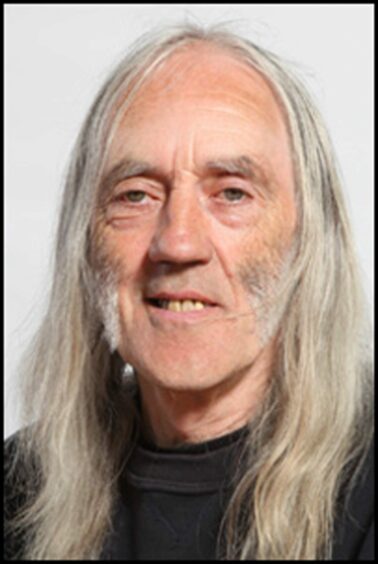Orkney councillors have been presented with a draft plan setting out the local authority’s priorities for the next five years.
It includes a wide range of priorities and goals for Orkney Islands Council.
This includes the council’s plans to grow the economy, strengthen the community, and develop infrastructure.
It also set out how the council intends to improve how it works.
Each overarching goal is made up of smaller priorities. For example, growing the economy will be achieved by reducing poverty, creating good conditions for economic growth, and driving towards net zero.
The council identified these priorities through various means. This included public consultation and speaking to the councillors themselves.
In particular, feedback gathered through public engagement during this year’s council elections has been used to create the report.
Orkney’s new council plan reflects national and local priorities
These goals also reflect the priorities of the Scottish and UK Governments.
With the council plan being so grand in scope, it isn’t aimed at capturing everything the council does.
Rather, the aim is to find out how to change things in the priorities that have been highlighted.
It is important to reiterate that, despite the final plan coming into play in April, it’s still at the draft stage. As such, there is more engagement to come.
On Wednesday, the committee decided whether the 18-page document should be approved for consultation.
With that said, some of the councillors seemed lukewarm while viewing the plan at this morning’s meeting of the policy and resources committee.
Steven Heddle felt cultural heritage and Orkney College UHI were missing from the plan.
John Ross Scott wondered if some of the goals are too ambitious. In particular, he pointed to reducing fuel poverty in the county from 31% to 19% by 2027.
Councillor Mellissa Thomson felt the report was too focused on ambitions and not focused enough on maintaining services.
Too much focus on ‘progress, strengthen, move forward’ says councillor
She wasn’t alone in the feeling that ambitions in the council plan may give the wrong impression at a time when the public is facing the hardships of the cost-of-living crisis.
Mrs Thomson said: “I’m not seeing anything about maintaining what we’ve got at the minute.
“We have to put that out to the public. People are really struggling out there, businesses are struggling.
“All I’m seeing in this plan is ‘progress, strengthen, move forward.”
While Mrs Thomson was told that the report does take this into account, she was echoed by Owen Tierney.
He said: “Having ambitions is fine, but with the fact that folk are going to be in hard times, the public are more concerned with what we’re going to do for them.
“The report mentions that we have to maximise our reserves. We all know our reserves are seriously down in value. There’s nothing we can do about that.
“Times are going to be very hard. It’s going to be very difficult to achieve a lot – or any of this stuff.
Risk of council appearing to have its ‘head in the clouds’?
Mr Tierney said he didn’t know what the council can do for people and businesses in Orkney falling on hard times.
However, he said the report should highlight that the council will do its best for them, particularly as he feels it will likely last for “the life of this council.”
Wwithout this further highlighted in Orkney’s Council Plan, Mr Tierney felt the public could be thinking the council has its “head in the clouds, full of airy-fairy ideas.”
Council leader James Stockan replied.
He said: “We set a plan last time and we had one of the biggest crises that ever came along.
“This is our strategic ambition. Anything else that comes along in the meantime, we’ve always managed to adapt and change.
“Some of the things we’ve been developing in the last five years, we didn’t know about when we set the last plan.
“We are quite adaptable to take things back to committee and we can say ‘is this something that’s good for our community or a danger?’
“We have to put something down to give directions to officers and our community. But also, we need to be nimble and reactive and take opportunities when they come.”
While an amendment was put forward to have more deliberation on the council plan before it goes out for consultation.
The misgivings of some of the councillors were not reflected by the majority.
The amendment fell by six to 12, as councillors decided that the plan should indeed go out in its current form.




Conversation